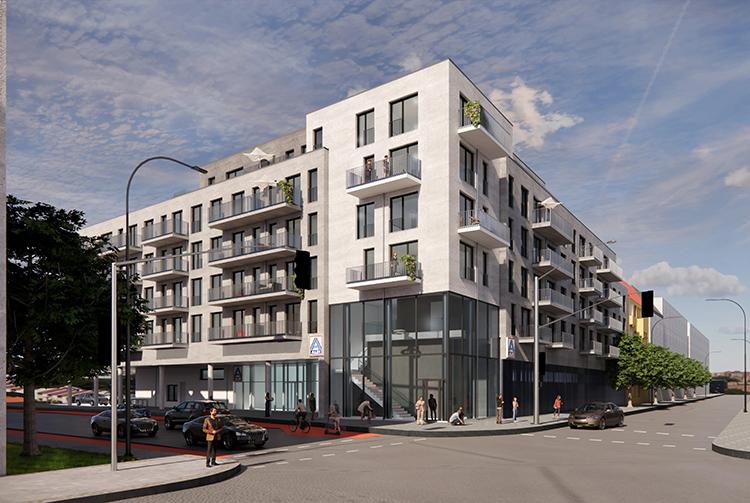2025-06-05
residential

Catella Project Management has submitted a building application for a new mixed-use development on Silbersteinstrasse in Berlin-Neukölln, part of its broader initiative under the ‘Cooperative Innovative Living Germany’ (CILG) programme. The project is intended to contribute to sustainable housing development in an urban setting and is aligned with Catella’s European Living Development Programme, which focuses on creating residential portfolios that meet future investment and sustainability criteria. The development is situated near Tempelhofer Feld and the S-Bahn ring, providing a combination of residential and commercial space. The project is designed to meet the EU taxonomy standards for sustainability and will undergo ESG certification. Construction is expected to start in 2025, with completion planned for 2027. The project will include 92 rental apartments, 24 of which will be publicly subsidised, alongside ground-floor commercial space intended for a local supplier. The residential and retail functions are organized separately to balance the needs of the neighbourhood with those of future residents. Residential units will be accessed via a central entrance leading to the upper floors, which will be arranged in a quieter campus-style layout. Catella emphasizes the importance of combining privately financed and subsidised housing to address Berlin’s diverse housing demand. The project is aimed at providing additional rental units while integrating necessary local amenities within walking distance. Architect Anne Lampen of Anne Lampen Architekten GmbH, responsible for the project design, noted the emphasis on sustainable urban densification and creating accessible neighbourhood facilities. The design includes a central green courtyard atop the ground floor level to offer a quiet communal space shielded from street noise. The development will make use of prefabrication and optimized construction processes to meet sustainability and efficiency goals. According to Catella, this project is part of a larger pipeline of around 10,000 residential units planned across Germany. The Silbersteinstrasse project reflects a strategy of vertical redensification, combining housing with commercial functions to support long-term, sustainable land use. The realignment of the supermarket and the integration of residential space have received support from local authorities, who see the project as a means to enhance urban living conditions in a high-demand area of Berlin.

